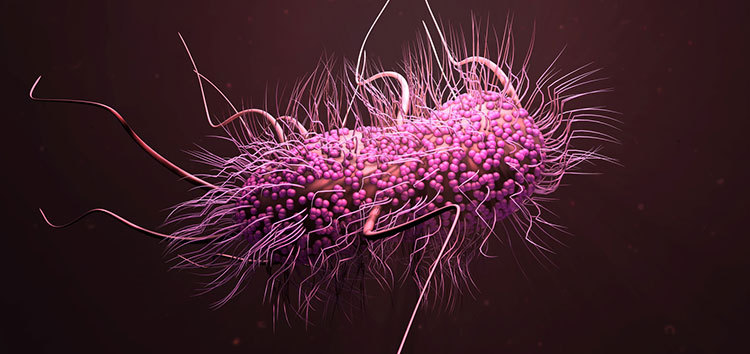Superbugs: future threat of humanity?
In 2002, US Biologists found a new kind of threat infecting a very unlucky patient from Michigan. This enemy was no other than a superbug. What are they? How dangerous are they? All of your questions’s answers are here.
What are superbugs?
A superbug is a parasite like a bacteria or a virus that is immune against most treatments like antibiotics and vaccines used to stop it from infecting you. This means that if doctors cannot develop new technologies against this monster, you’re screwed unless your immune system manages to kill it by some kind of miracle. For example, the risk of getting reinfected or infected with two vaccine doses by the Omnicron variant is 5.4 times greater than the Delta variant, which technically means that it is becoming a new type of superbug. Furthermore, here is a list of superbugs:
-Carbapenem-resistant Enterobacteriaceae (CRE)
-Methicillin-resistant Staphylococcus aureus (MRSA)
-ESBL-producing Enterobacteriaceae (extended-spectrum β-lactamases)
-Vancomycin-resistant Enterococcus (VRE)
-Multidrug-resistant Pseudomonas aeruginosa.
-Multidrug-resistant Acinetobacter.
Where and how are they more likely to form?
All superbugs have one thing in common, they all have a section of DNA that makes them superbugs. This gene is acquired through evolution, long term exposition to the treatment or from another superbug who gave it to it. It’s like someone gave you a vaccine by sneezing on you. Because of this said information, superbugs are more likely to be found in hospitals and surprisingly, industrial livestock farms. In these places, animals are tightly packed together, which makes them perfect spots for diseases to spread. To solve this problem, farmers give antibiotics to these animals and for said reasons, they just make it worse by giving the possibility for the newly formed superbugs to infect you, just by eating your favorite cheeseburger.
How dangerous are they?
Superbugs are related to seven-hundred-thousand deaths every year since their discovery and kill at least 50 000 people per year in Europe and in the US. This number will grow ten times by 2050. It is estimated that they will kill more humans than cancer by 2050, which will include 400 000 Canadians. But that’s not all, these monsters can also economies that have been prosperous for decades. For example, the economist Jim O’Neill estimates that the cost for superbug treatments will cost 126,78 trillion Canadian dollars in the UK. If this very old country were to pay such an amount, it wouldn’t be able to contribute to the global economy for around 35 years.
How can we cure a superbug infection?
Innovation is the key. There are already drugs called superantibiotics that are used to treat certain infections caused by resistant bacteria. Scientific journals like Nature Briefing believe that it is possible to make vaccines against superbugs and even that they are a need in order for patients to defeat such infections. Another solution consists of infusing Bacteriophages, or Phages for short, in the patient’s body. This curious being is basically a virus that infects bacteria and kills them. More details in a future article. Despite being possible for the superbug to be immune against Phages, it needs to give up on its antibiotic resistance in order to make it happen.
How can we eliminate superbugs?
Like every disease, every superbug can completely or almost disappear if the positive cases are low enough to stop spreading. For this to happen, humanity needs to prevent people from getting infected and cure the infected patients. Only then the superbug in question can have a low enough population to let humans move on. To prevent creating superbugs, you can avoid using too much antibiotics by only taking some in emergencies. If you are missing some, you can also get more vaccines in order to prevent more threats that could potentially develop antibiotic resistance from infecting your body.
Conclusion: should you worry about superbugs?
If humanity is not prepared, superbugs will give it a lot of trouble. The key against a possible resistant bacteria pandemic is to cure the infected patients and prevent other people from getting some of these little monsters. The fact that your infector is resistant to a treatment doesn’t mean it can endanger your life. It migth just be an annoying cold until your immune system finally gets rid of it by itself. For now, there is a lot more to worry about than superbugs.
sources: Google, Mayo Clinic, Imperial College of London, BBC news, aa.com, Nature Briefing,






